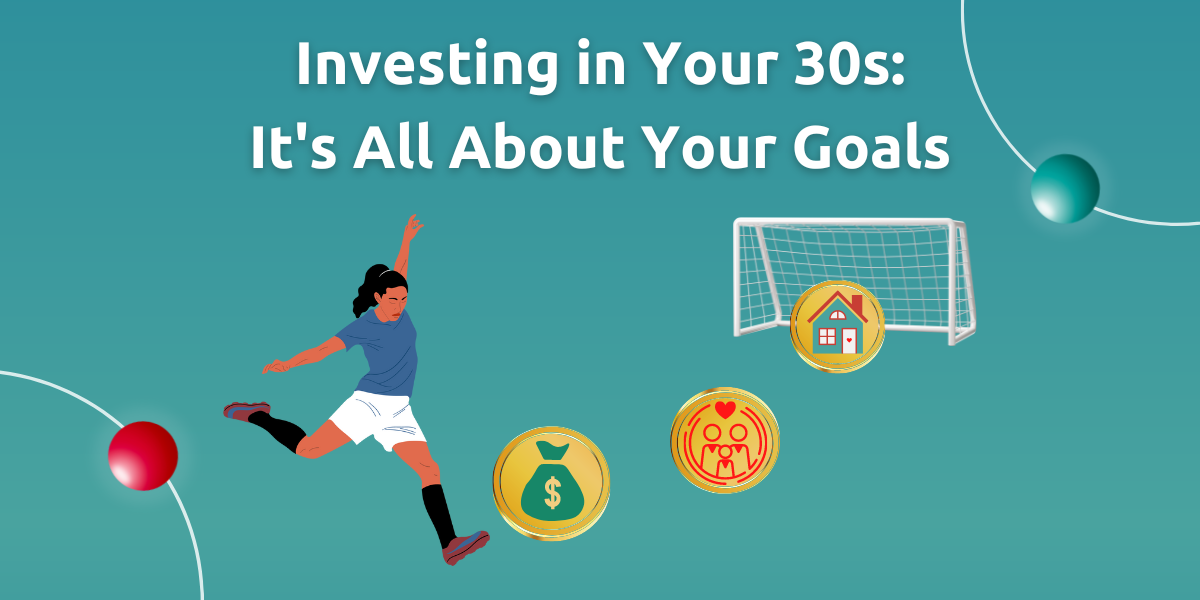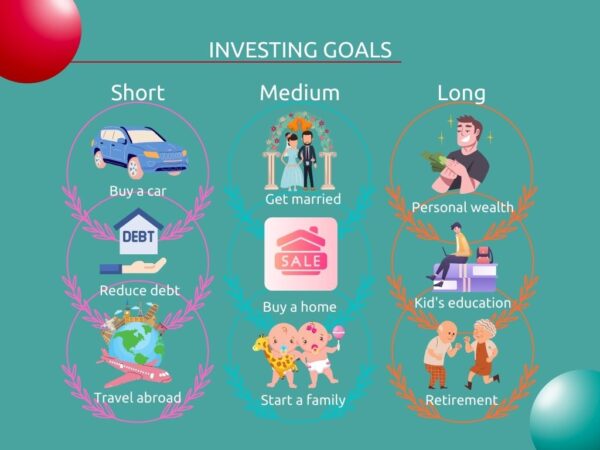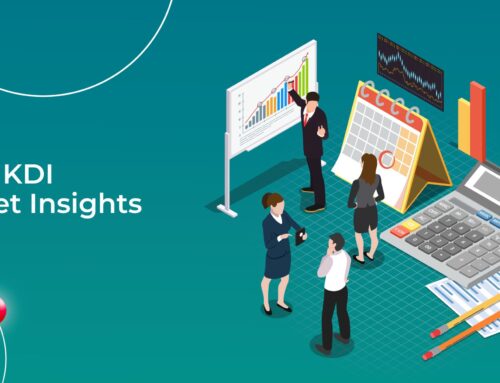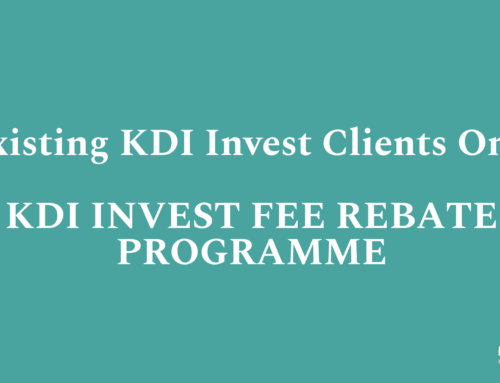Investing in Your 30s: It’s All About Your Goals

So you’re finding yourself in your 30s, still feeling as youthful as ever, but with more experience and skills that automatically add a patina of coolness to your already amazing self. Awesome!
Maybe (just maybe) you had a bit too much fun in your 20s and forgot to start investing your hard-earned cash. But, it is never too late to begin investing.
You have likely progressed further up the career ladder, and have a more stable income and life situation – which translates to having fewer debts and where starting a family sounds more appealing than going clubbing. This is the right point in your life to make investments that suit your short- and long-term goals.
The list that should exist
Contrary to popular belief, investing is not just for retirement, nor is it always static. In fact, it can be flexible based on your family situation, on your dependents, or if sudden emergencies turn your life upside down (like, say, a once-in-a-century pandemic).
It is always helpful to write important things down so that they seem more real. As such, you should write down all your short- and long-term financial goals in order to identify how diverse your portfolio management needs to be.
Typically, short-term investments are less risky, to ensure that you can save up for the amount you need whilst still having high liquidity (i.e. ease with which you can convert it into cash). These goals – including such things as holidays, down payments on a house or a car, and even monthly credit card repayments (see below) – require investments that pay off quickly.
Long-term goals, on the other hand, are (decades long) initiatives that must account for inflation and compounding interest. These investments usually are about ensuring a comfortable retirement for yourself.
Additionally, these investments will also be about ensuring your children gain an education without either of you going into massive debt. Both of these goals require letting your funds mature and grow while responding appropriately to trends in the market.

Debt reduction IS wealth accumulation
Believe it or not, paying off your debts is one of the key factors in accumulating personal wealth. Debts are a drain – once they are settled, the money that you used to put towards them can be redirected towards your quality of life, or invested in improving your financial profile.
Let’s take credit cards, for example: seemingly simple to use, but they can add to your personal debt exponentially. Not to say that they aren’t a great help – but improper usage can put your financial stability at risk.
What you may not be aware of is that paying the bare minimum every month may make your debt balloon over time. Worse still, if you miss a payment or fail to make the minimum for even one month, banks have the right to hit you with the highest possible rate (approximately 18% per annum).
On top of that, if you are still paying down student loans or about to take out a mortgage, the last thing you need is credit card debt putting your financial stability at risk. If you’re looking into getting a credit card, look into the details (interest rates, terms, penalties, etc.) and – especially important – the proper ways to use one.
Catching up, with help from KDI
Your 30s puts you in a better place to invest (in terms of having funds and goals), and there’s nothing to stop you from saving for the long-term while simultaneously pursuing a more aggressive investment strategy.
For wealth accumulation long-term, look to KDI Invest, an Artificial Intelligence-driven robo-advisor that takes your individual risk profile into account when investing your money.
If you’re looking for low-risk short-term funds, KDI Save offers better rates than a typical fixed deposit account, with daily returns, and the ability to cash out whenever you want.
So don’t worry; financial stability is well within your reach.



